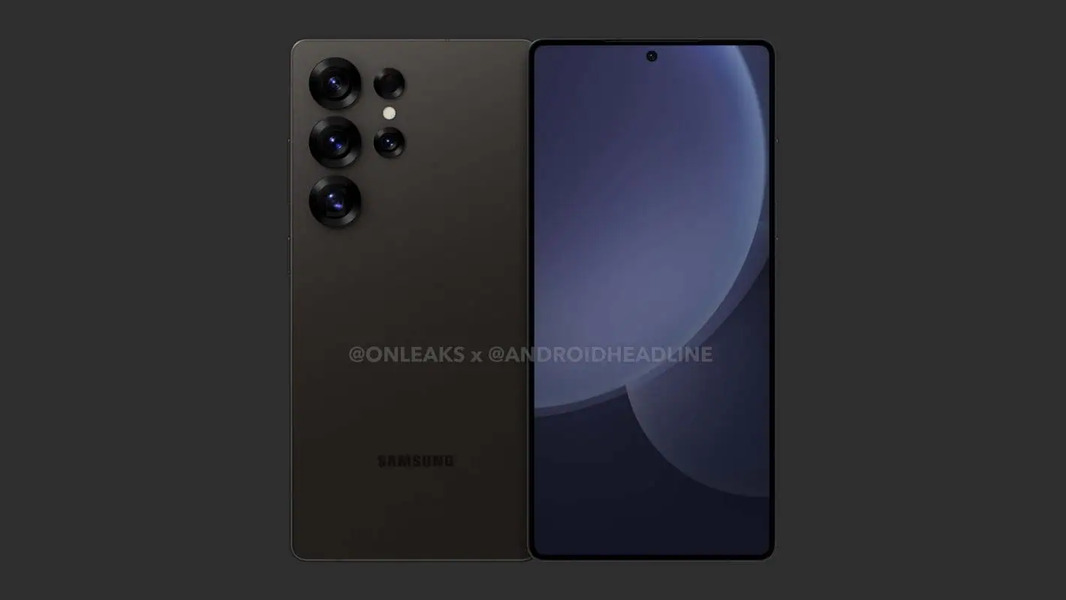
This is Android Central's News Weekly, your go-to source for a concise roundup of the week's most significant tech stories. This is where we delve into the top headlines that provide the latest developments and innovations contributing to the digital landscape.
This week, the Galaxy S25 Ultra running One UI 7 has been leaked, the FCC approved the Starlink direct-to-cell service with T-Mobile, closing arguments happened for Google's latest court case, Motorola launches open beta test for Moto AI, and Gemini gets Spotify integration.

News Weekly is our column where we highlight and summarize some of the week's top stories so you can catch up on the latest tech news.
More hands-on with One UI 7 on the Galaxy S25 Ultra
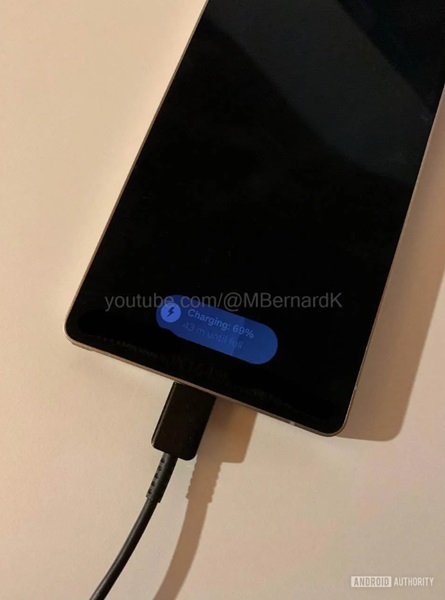
Read more here.
We're still months away from any potential Galaxy S25 launch, but the leaks keep coming in, especially regarding the Galaxy S25 Ultra. The phone was recently spotted in a leaked video showing off a bit of the device and what looked like One UI 7 running on it. Now, a series of images has emerged that reveal more of the device as well as One UI 7.
As expected, the alleged Galaxy S25 Ultra features a boxier design with more rounded corners and a flat display. We also get a look at the bottom of the phone, which sports the USB-C port, speaker and mic, SIM card slot, and the S Pen tucked into the phone.
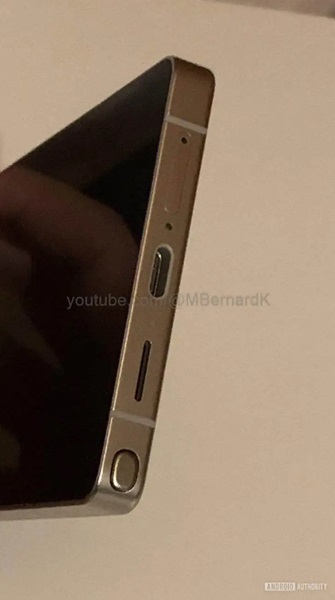
The leak also provided screenshots of One UI 7 in action, showing more or less what we've seen in previous demoes and leaks. The UI appears much more bubbly than before with large rounded icons and a new quick settings layout.
Starlink+T-Mobile partnership is finally getting somewhere
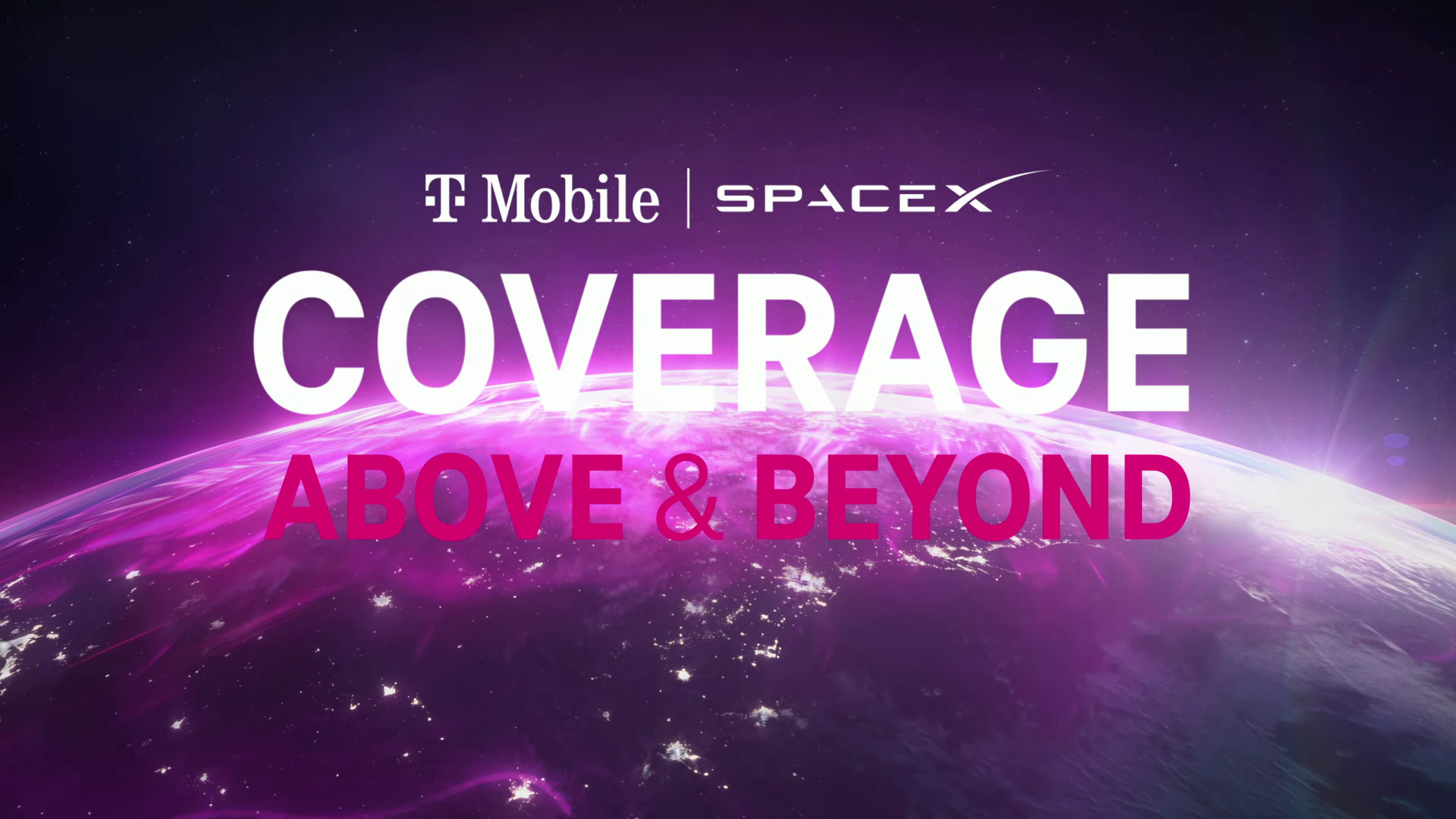
Read more here.
Years after they announced their partnership, T-Mobile and Starlink have been approved to get the ball rolling on their direct-to-cell service. This will enable T-Mobile users to utilize Starlink satellites to access basic network capabilities like texting and eventually voice and data. The move was announced as a way to effectively end dead zones.
The FCC says this kind of connectivity will support "critical public interest benefits," which may refer to the recent hurricane that saw many without access to cellular connectivity. In fact, the two companies were granted approval to temporarily provide the service to those affected by the hurricane, which highlighted the need for this kind of tech.
The approval has some restrictions that will limit Starlink and T-Mobile's ability to provide voice and other more bandwidth-hungry services, but things are finally getting off the ground with more ubiquitous satellite connectivity services.
The DOJ goes for the jugular in closing arguments against Google
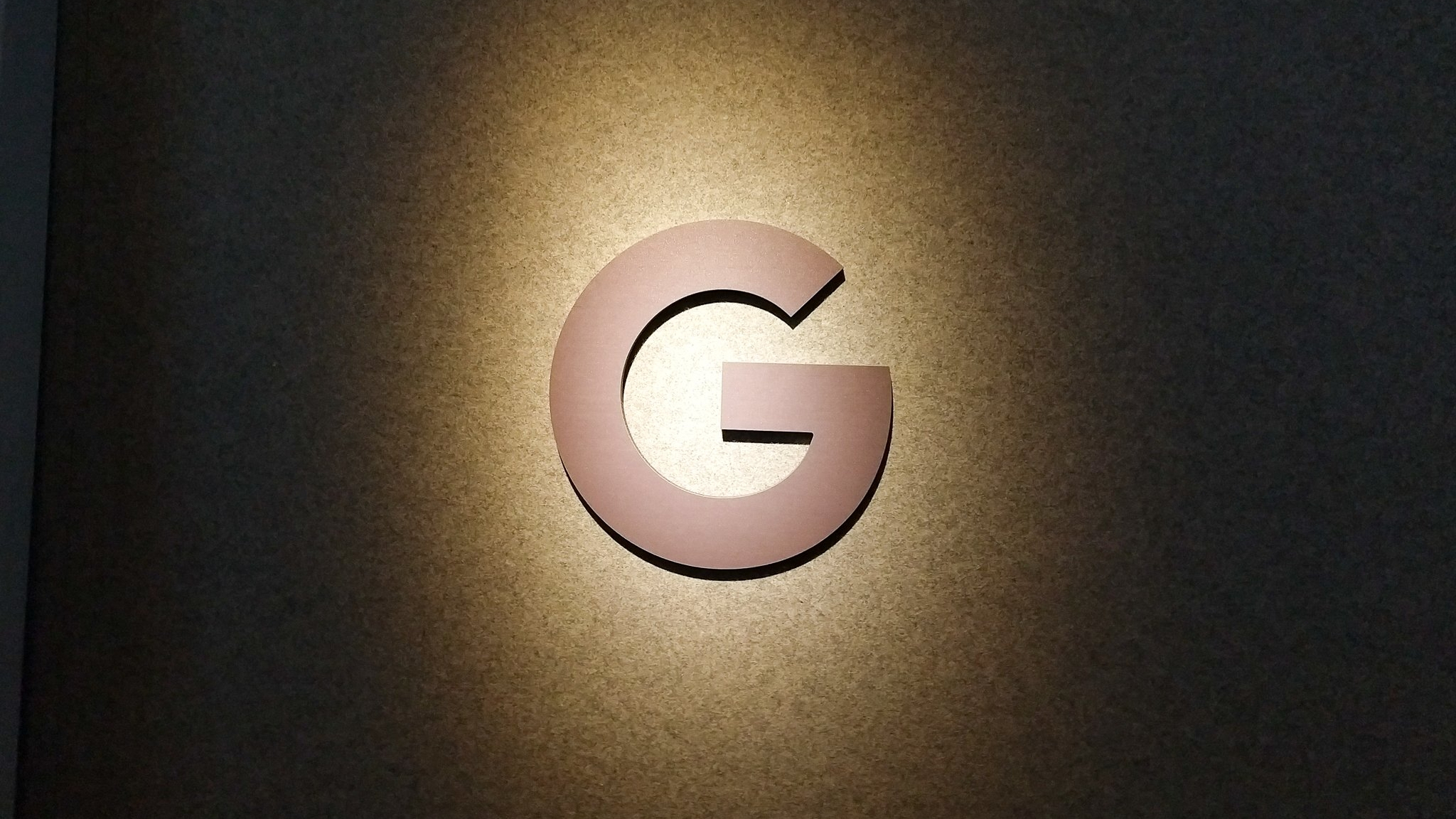
Read more here.
Google is dealing with the aftermath of losing a recent antitrust case against the DOJ, but another case is coming to a close, and the Justice Department is set to paint Google as a monopolistic monster in the ad tech space, too. This week, both companies presented closing arguments in a final effort to sway the court in their favor.
“Google is once, twice, three times a monopolist,” Justice Department lawyer Aaron Teitelbaum told the judge (via The New York Times). “These are the markets that make the free and open internet possible.”
The U.S. government is arguing that Google used its acquisition of DoubleClick in 2008 to dominate and push out the competition, as the company now controls 87% of the Ad Tech market. It's said that this has caused websites to potentially lose out on money they could have made selling through rivals, and the result could be that news outlets and websites may be forced to charge consumers to access content.
Google's lawyer refuted the claims by noting that the company isn't pushing out competition but has reacted in response to competition by innovating its product.
Motorola dives into the AI game
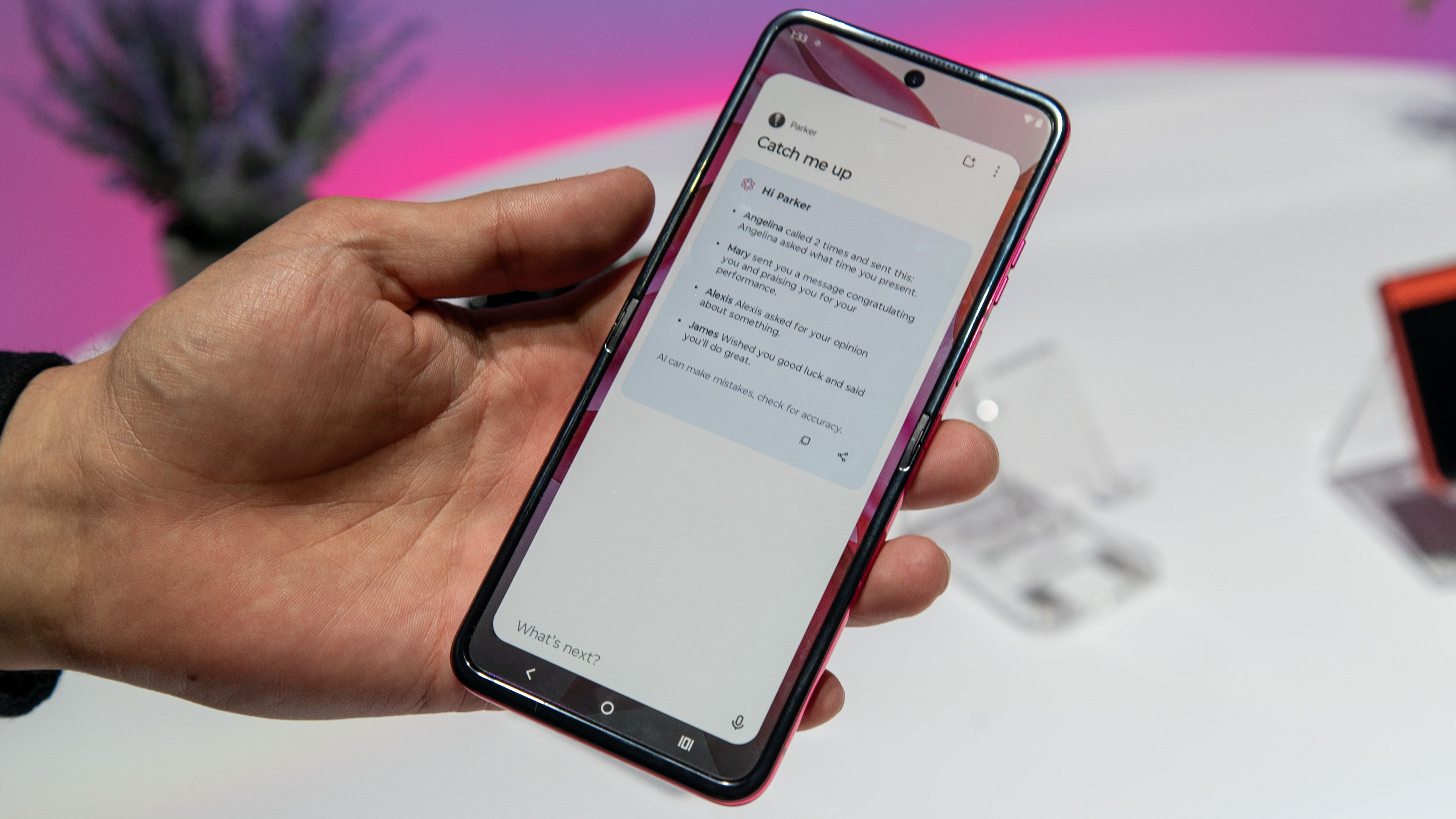
Read more here.
With AI on the rise, companies have been working to bring unique features to their devices, and Motorola is the latest to introduce its own AI suite. Teased earlier this year, Moto AI includes several different features that the company plans to bring to the best Motorola phones, and the company is letting users beta test them now.
With these new features, users can summarize notifications from communication apps to get the main points from messages so they know what and who they may need to prioritize. Users can also record and transcribe conversations by just telling their phone to "Pay attention." Finally, users can save screenshots, images, and text in a journal and their phone will "remember" them, using contextual AI to pull details from images and summarize anything that gets saved. This way, you can ask your phone to recall things without having to spend the time to search for them yourself.
Owners of the Razr Plus 2024/Razr 50 Ultra, Razr 2024/Razr 50, and Edge 50 Ultra can sign up to test the features now and provide feedback.
Gemini gets a sweet Spotify upgrade
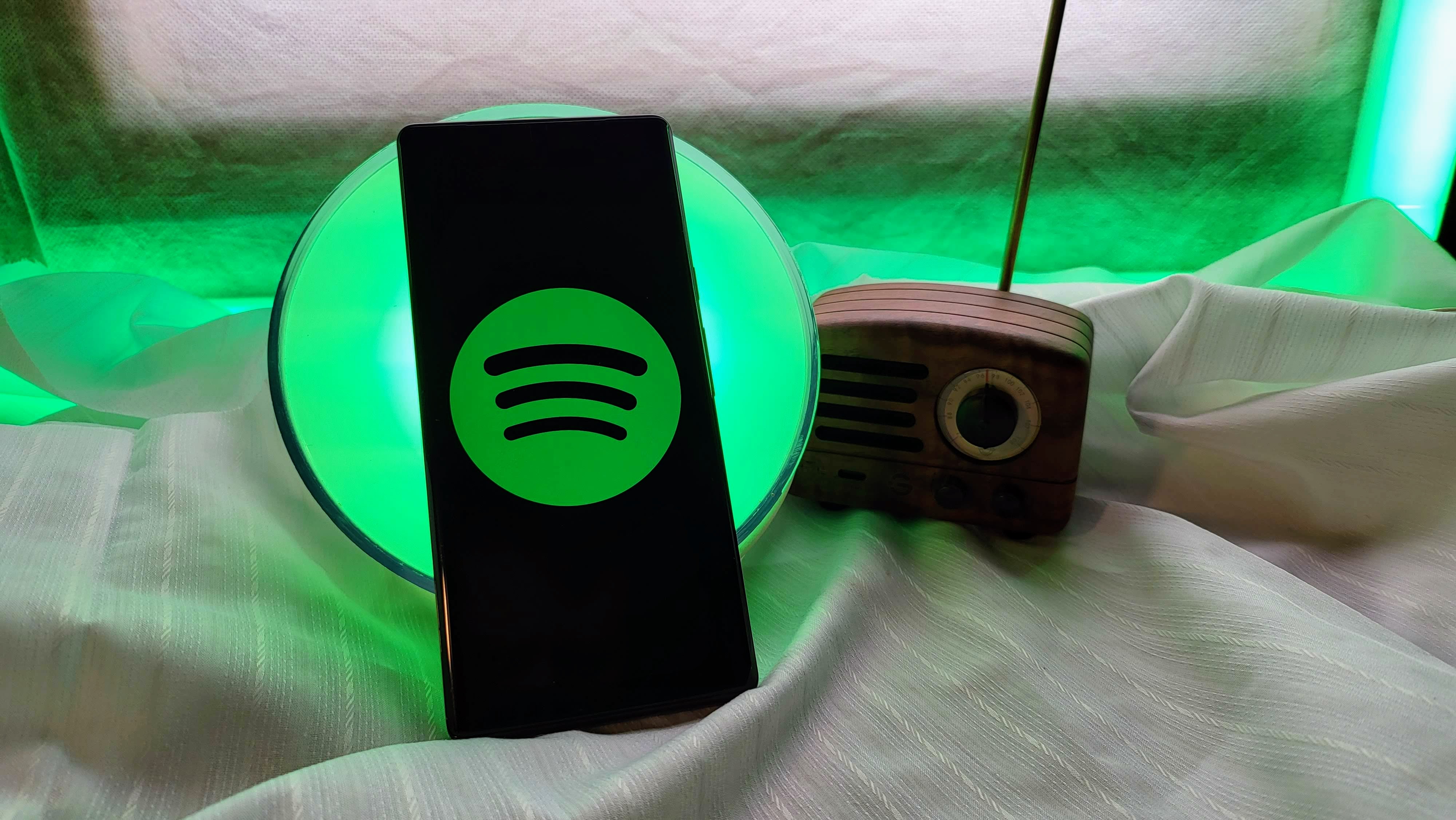
Read more here.
Gemini is steadily becoming more of a Google Assistant replacement, and the AI assistant just gained long-awaited Spotify integration that lets users control the app, albeit with some limitations,
As noted by the support page, users can link Gemini to their Spotify accounts and ask it to play and search for songs or playlists. It's important to note that you can't ask Gemini to create playlists, and if you use other music streaming services like YouTube Music have to remember to specify that you want to play a song on Spotify, as Gemini will default to the last service you used.
This is a great addition to Gemini, although it notably comes at a time when Spotify is tightening its grip on third-party access to its data.
More stories this week
Those are some of the biggest stories from this week. Meanwhile, here are some other stories that are worth catching up on:
- Samsung begins rolling out One UI 6 Watch for older Galaxy Watch models
- OnePlus tipped to drop a compact phone with Snapdragon 8 Elite under the hood
- Samsung’s next Galaxy Z Flip might have a surprise processor
- Pixel Tablet gets a surprise VPN boost from Google
- The Wear OS 5.1 preview is now available — and it's based on Android 15
- Google Calendar for Android finally adds a dedicated Tasks view
- Fossil rolls out a Wear OS update for Gen 6 watches after bowing out
- Gemini levels up with new shortcut on Android for effortless file sharing
- Android 15 is rolling out to OnePlus Open in the U.S. next week
- Samsung might be working on the first foldable gaming handheld







